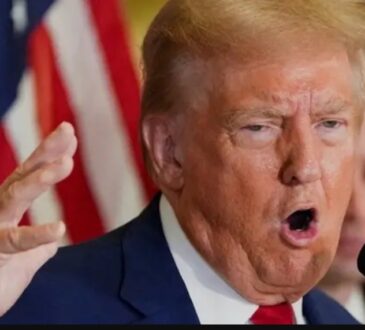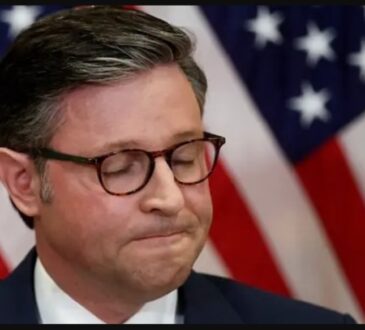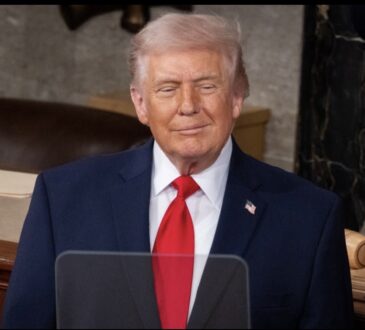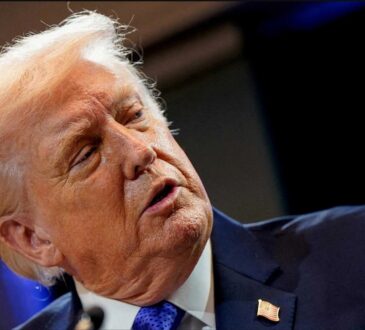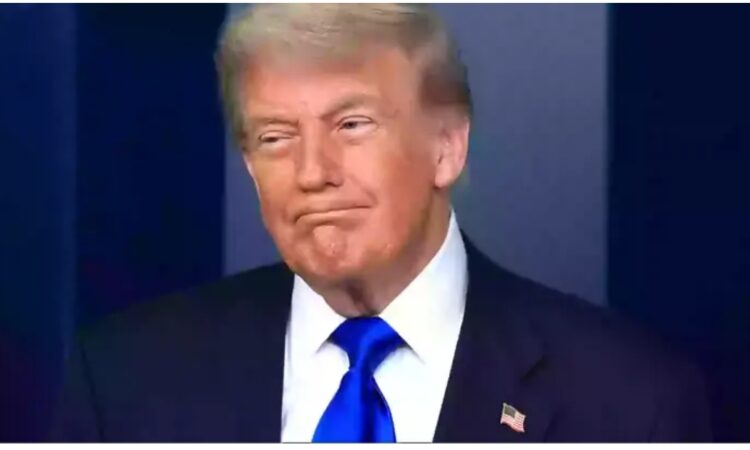
Donald Trump recently responded with enthusiasm to a question he called the best he’s ever been asked. During a press conference, a reporter brought up comments made by economist Torsten Sløk, who had previously criticized Trump’s tariff strategy but now suggested the former president may have outsmarted everyone.
When Trump first took office, he quickly introduced steep tariffs on major trade partners like Canada, Mexico, and especially China. These taxes on imports were controversial, and many economists warned they could damage the U.S. economy or even lead to a recession.
Torsten Sløk, chief economist at Apollo Global Management, had been one of those critics. But recently, he admitted he might have been wrong. Now, with the stock market performing strongly — both the S\&P 500 and Nasdaq hit record highs — Sløk is rethinking his position. He wrote that the tariffs might actually be part of a smart long-term strategy that gives the U.S. more leverage and stability, even while bringing in massive revenue.
When the reporter asked Trump what his reaction was to Sløk’s change of opinion, Trump was clearly thrilled. He said, “I love this question. This is the best question I’ve ever been asked,” pointing out that he’s faced years of criticism over the tariffs, and now things are turning in his favor. He emphasized how much money the U.S. is making from the tariffs and claimed there has been no inflation as a result.
When asked what he would say to those who still think the tariffs were a mistake, Trump replied sharply: “I think they should go back to business school. It’s so obvious.”
In his blog post, Sløk explained that if the U.S. keeps tariffs — like 30% on China and 10% on other countries — and gives those countries a year to open up their economies, it could ease uncertainty. He suggested this plan could lead to better business planning and stronger markets, while still bringing in \$400 billion in revenue annually for the U.S. He even said that other countries might be happy with the lower tariff rates, calling it a possible win-win.
In short, Trump sees this as validation for a strategy he’s been defending for years. And even a former critic is starting to agree.

